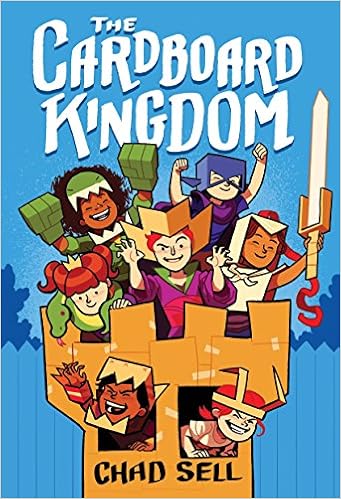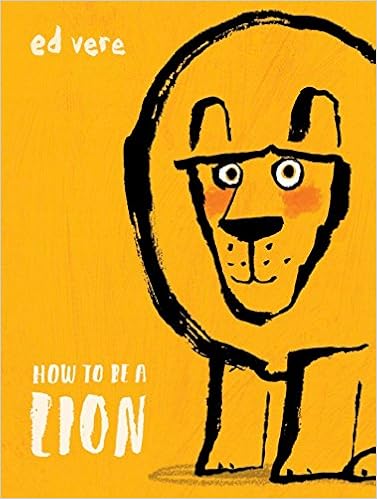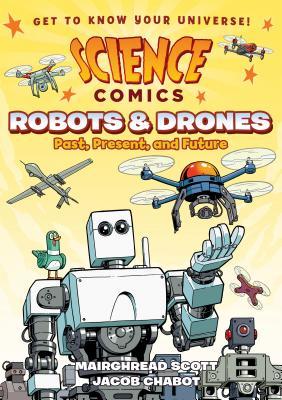This is the first time I have taught 5th grade in a while. I love this age and I had an amazing year with an amazing group of kids. But I did forget about the emotions that the end of the year brings out when kids are finishing up at an elementary school. Being new to the school I experienced many of the 5th grade send off traditions for the first time along with my kids.It is a week filled with so many emotions for kids, parents, and teachers. As a teacher, you can see the impact a school has on a child and a family when they are saying goodbye across several days. We had lots of celebrations this week and lots of ways for students to say goodbye and start their next journey. Our 5th graders are clapped out at the end of the day by the entire school. Watching children spot teachers and staff members from the past and hugging that person goodbye says so much.
I am not sure there is ever enough time to say goodbye at the end of a school year. I will so miss this incredible group of 5th graders. A lot.
Part of our last day is a moving up ceremony with students and families. Teachers give a short talk before passing out certificates and saying goodbye. It was harder to do than I thought. Although giving commencement speeches is not a skill I have acquired, the process of writing it was a great thing for me to do--a way to say goodbye to my students in a way that helped me reflect on our year and my hopes for them--thinking about what really matters most in a year. I thought I'd share it here on the blog since so much (of course) is about books and literacy. Trust me when I say that it will read better than it was actually delivered...
Hi 5th Graders! Well, we’ve had a fabulous year. I can’t tell you how lucky I feel to have spent the year with all of you—It’s been fun to watch you grow and make friends and think and learn.
When I was thinking about what to say today, I kept coming back to our time in read aloud. Read aloud was a favorite time of the day for many of us. I loved it because there is nothing like sharing a story with friends. I know each of us had different favorites and each of us connected with different characters, but I think each of us found a few books that will stay with us. I hope that someday when you are all grown up, you’ll remember some of these stories and characters who became part of our classroom community with a smile.
So I decided to celebrate this day by sending you off with 6 wishes—one from each of the read alouds we shared this year. 6 hopes from the books and characters who taught us so much.
Here goes—
I hope that like Rip and Red in
A Whole New Ballgame, you find friends who bring out the best in you.
I hope that like Red in
Wishtree you discover that “It is a great gift indeed to love who you are.”
I hope that you find many opportunities in your life to be kinder than is necessary. Because as Mr. Tushman in
Wonder told us, “ It's not enough to be kind. One should be kinder than needed.”
I hope like Isabel in
Refugee that the song that is your journey is a good one.
I hope that like Aref in
Turtle of Oman that you have as long as you need to pack that metaphorical suitcase whenever you are saying goodbye to something and getting ready for a new beginning.
And I hope that like Luna and Xan in
The Girl Who Drank the Moon you choose love and hope over power and sorrow.
And of course, I hope that you continue to find books and stories that matter to you.
Most of you are eleven or will be eleven soon or just finished being 11 so I wanted to end with a quote from the
Girl Who Drank the Moon about this amazing age that you are:
“It was a fine thing indeed, Luna thought, being eleven. She loved the symmetry of it, and the lack of symmetry. Eleven was a number that was visually even, but functionally not - it looked one way and behaved in quite another. Just like most eleven-year-olds, or so she assumed. She was eleven. She was both even and odd. She was ready to be many things at once—child, grown-up, poet, engineer, botanist, dragon. The list went on.”
So 5th graders, you are ready to be any and all of the things you want to be. You are ready to do anything you want to do. Scottish Corners will miss you. I will miss you. But I know you will continue to make your mark.










































